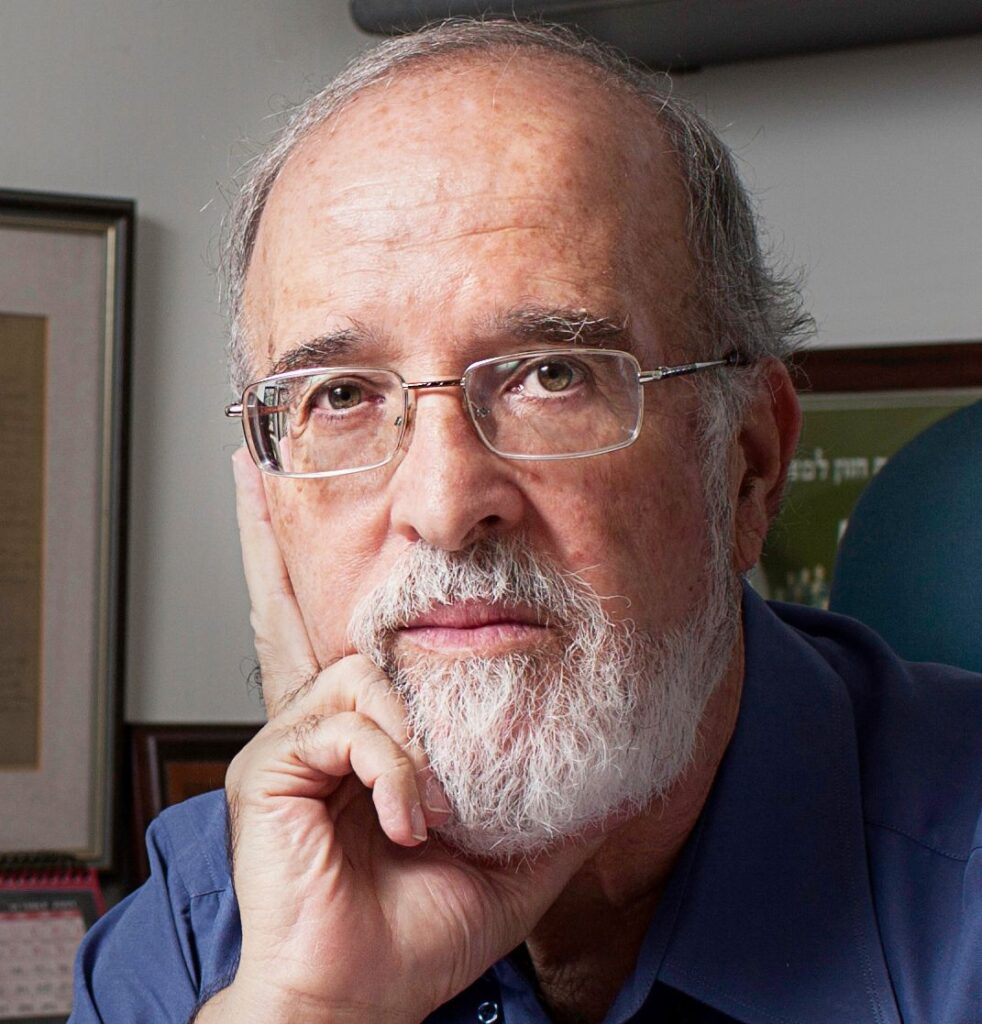Two technological revolutions – the information and communication revolution and the cyber one – have shaped the development of the modern Israeli economy and made the high-tech industry a main growth engine. Now it’s AI’s turn. If we manage to apply this revolution these days, Israel will get a significant advantage in post-Corona era
The Covid-19 vaccine may end the Corona pandemic faster than we thought. However, we must not forget the economic crisis caused by certain countermeasures (like lockdowns, quarantines etc.) that were taken everywhere (almost) globally, including in Israel.
We believe that in order to to accelerate the required economic recovery and to emerge from the crisis with a relative advantage in the post-Corona global race, we need to promote aggressively Artificial Intelligence (AI) technology. AI should stand at the center of Israel next technological revolution, in order to serve as the locomotive of fast economic growth.
The global race for technological superiority in the information age has begun long before the Pandemic. However, the pandemic emphasized our dependence on fast computerized communications, and the increase in the demand for using the internet, social networks, Zoom etc., empowered with AI capabilities, is undoubtable.
Since 2017, over 30 countries have published national strategies or national plans in the field of artificial intelligence, followed by billions of dollar as investments. Russian President Vladimir Putin’s statement that “whoever rules this sphere [artificial intelligence] will be the ruler of the world” reflects this well, as does the investment in the field by the Russian government, estimated at about USD 3.4 billion. China’s national strategic plan states that “the rapid development of artificial intelligence will significantly change human society and the world,” and the government approved investment estimated at tens of billions of dollars to make China the global leader in the field of artificial intelligence by 2030.
.
Economic potential
In the US, former President Trump launched in early 2019 the US Initiative for Artificial Intelligence by an executive order. European countries have also been preparing for this race, both at the national level, such as France – which will invest USD 1.5 billion over 5 years, or Germany – which will allocate USD 3 billion by 2025, and at a higher level, like the EU which has already allocated EUR 1.5 billion to the field of artificial intelligence as part of the research and innovation program Horizon 2020.
Artificial Intelligence technologies have already tremendous economic potential in the private and business sector. The value of the global AI market in 2019 is estimated by Gartner and McKinsey at USD 1.9 trillion and forecasts for 2022 is USD 3.9 trillion. The market value in the next five years is estimated to increase by USD 600-800 billion annually. There are reasons to believe it will be even more so in the post-Corona era.
About two years ago, before the outbreak of the plague, Prime Minister Netanyahu asked me and my colleague Professor Eviatar Matanya to lead a national initiative in the field of intelligent systems that would make Israel one of the top five countries in the world in this technology within five years.
.
The 3rd revolution
The work on the “National Initiative for Secured Intelligent Systems to Empower the National Security and the Scientific-Technological Resilience” of Israel, began in June 2018 and about 300 experts from various fields volunteered for its implementation. The final report of the project was submitted to the government few months ago and includes recommendations in all areas of our life.
It is not the first time I’m involved in such a revolution. The State of Israel has undergone a similar revolution in the late 1980s and the early 1990s, in the field of information and communication technologies (ICT). To this day, the Hi-Tech industry is the main engine for economic growth in Israel. A second revolution started to take place only ten years ago, when the Israeli government approved the plan I’ve submitted to PM Netanyahu and decided (2011) to build a national power in the field of cyber security.
The cyber revolution was carried out while addressing the overall ecosystem – academia and education systems, industry, government, and security. The combination of the creation of an academic-industrial-government center of gravity in cyber, with the leverage of economic opportunity, has created a global cyber power for Israel. For example, in 2019, Israel’s exports of cyber products and services accounted for about 5%-10% of the global market, and perhaps more importantly – close to 30% of all global business sector investment in cyber was invested in Israel.
.
Invaluable advantage
AI has a much wider spectrum than Cyber technology. Its applications have far-reaching implications in most areas of our lives, including security, medicine, transportation, automation, retail, sales, customer service and virtually every field relevant to modern life. The various learning algorithms, along with the tremendous increase in computing power, are already beginning to penetrate all areas of our lives, and their understanding requires mastery not only of the “natural” technological disciplines – such as computer science, mathematics and engineering – but also of social, legal, business and even philosophical aspects.
To prove my point, it is sufficient to mention that all these aspects, including Health, Transportation, Agriculture, Finance Sector and Defence, will be discussed by first class world AI experts in the next AI-WEEK Conference that is going to be held by Yuval Ne’eman Workshop for Science Technology and Security at Tel-Aviv University at the last week of coming February.
Starting the AI Revolution these days, without waiting for the post-Corona era, will give us a significant and invaluable advantage for the country’s economy, security and welfare.
.
Professor Isaac Ben Israel 7 Feb, 2021, published on Forbes
Professor Isaac Ben Israel is the head of Yuval Ne’eman Workshop for Science, Technology and Security, Director of the Blavatnik Interdisciplinary Cyber Research Center of Tel Aviv University and Chairman of Israel Space Agency






